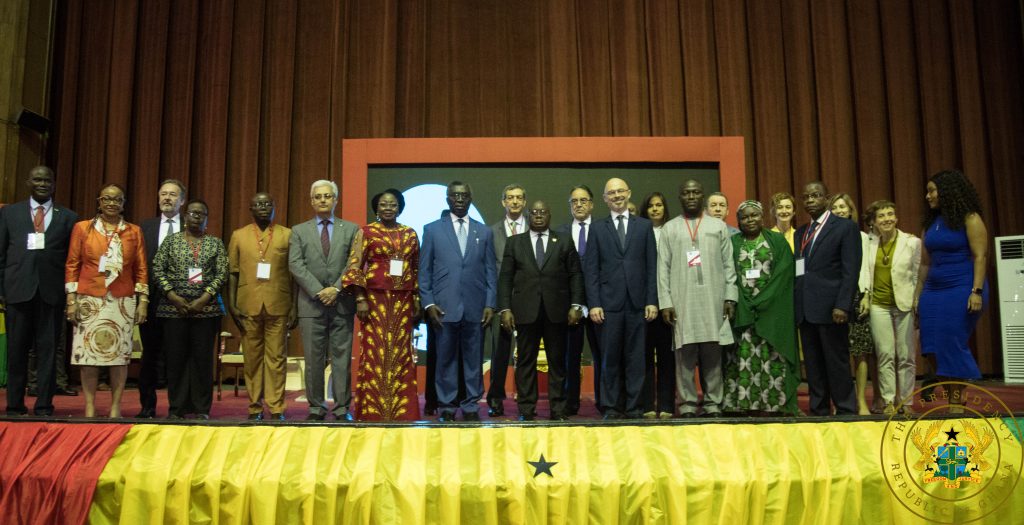Why AfDB has pledged US$25 billion to climate finance for 2020-2025
The African Development Bank (AfDB) has affirmed its commitment to support African countries to pursue climate-smart projects that will boost their economies and help them to achieve their climate action goals.
The bank said it was based on such an ambitious climate-oriented focus that it has pledged to commit about $25 billion to address climate change on the African continent from 2020 to 2025.
The Director of Climate Change and Green Growth of the African Development Bank, Dr Anthony Nyong, speaking in Accra on Wednesday said, “This climate fund will help African countries to implement climate-smart projects to achieve their nationally determined contributions (NDCs).”
“Between 2016 and 2017, we were able to devote at least about $8.3 billion to climate change,” he added.
Investment deliberations
Dr Nyong spoke during a roundtable discussion that brought together representatives of Ghanaian government officials, investors, development partners and civil society organisation to deliberate on ways to address climate change and promote sustainable development in the country.
‘Climate change not gloom and doom’
Dr Nyong stated that the AfDB was committed to supporting African countries to implement green projects that would contribute to the achievement of their nationally determined contributions (NDCs).
According to him, African countries were growing fast but were faced with the challenge in mobilising the needed resources to ensure the pursuit of growth that would lead to low carbon resilient development.
He, therefore, urged African nations not to see climate change as “doom and gloom” as a result of many stories of the adverse impact of climate change in every community on the continent but rather focus attention on exploring the investment opportunities climate change offered.
“We have a choice and we can choose to develop the way our predecessors developed or we can choose to do it differently since we have abundant sun, hydro and, land resources that need to be harnessed to make sure we are developing in a sustainable manner,” he said.
Climate investment potentials
According to him, implementing the commitments made by African nations under their NDCs required about $3 trillion by 2030, saying that “this is the size of a market and investment opportunities that we have on the African continent.
“And I think it is important we present it that way because of all African NDCs lend themselves to private sector investment and we believe that 70 to 85 per cent of investment we need to implement the NDCs will come from the private sector.
“However, we need public resources to create the enabling environment to attract this private sector resources,” he said.
Prioritise role of women
Expressing the conviction of the bank that the NDCs could not be achieved without the involvement of the local actors, he commended Ghana for its efforts to engage women and other groups in the implementation of its climate actions.
Inspired by such ambitions, he said Ghana was the first country that the bank rolled out a multimillion fund under its Affirmative Finance for Women in Africa to “squarely bring women into the development space.”
“How can we think about developing climate-smart agriculture when the labour force is made up of at least 60 to 70 per cent of women and they are completely excluded?” he asked.
He pointed out that the bank had created a $300 million fund to ensure that women were prioritised in development on the continent.
Source: Graphic online


